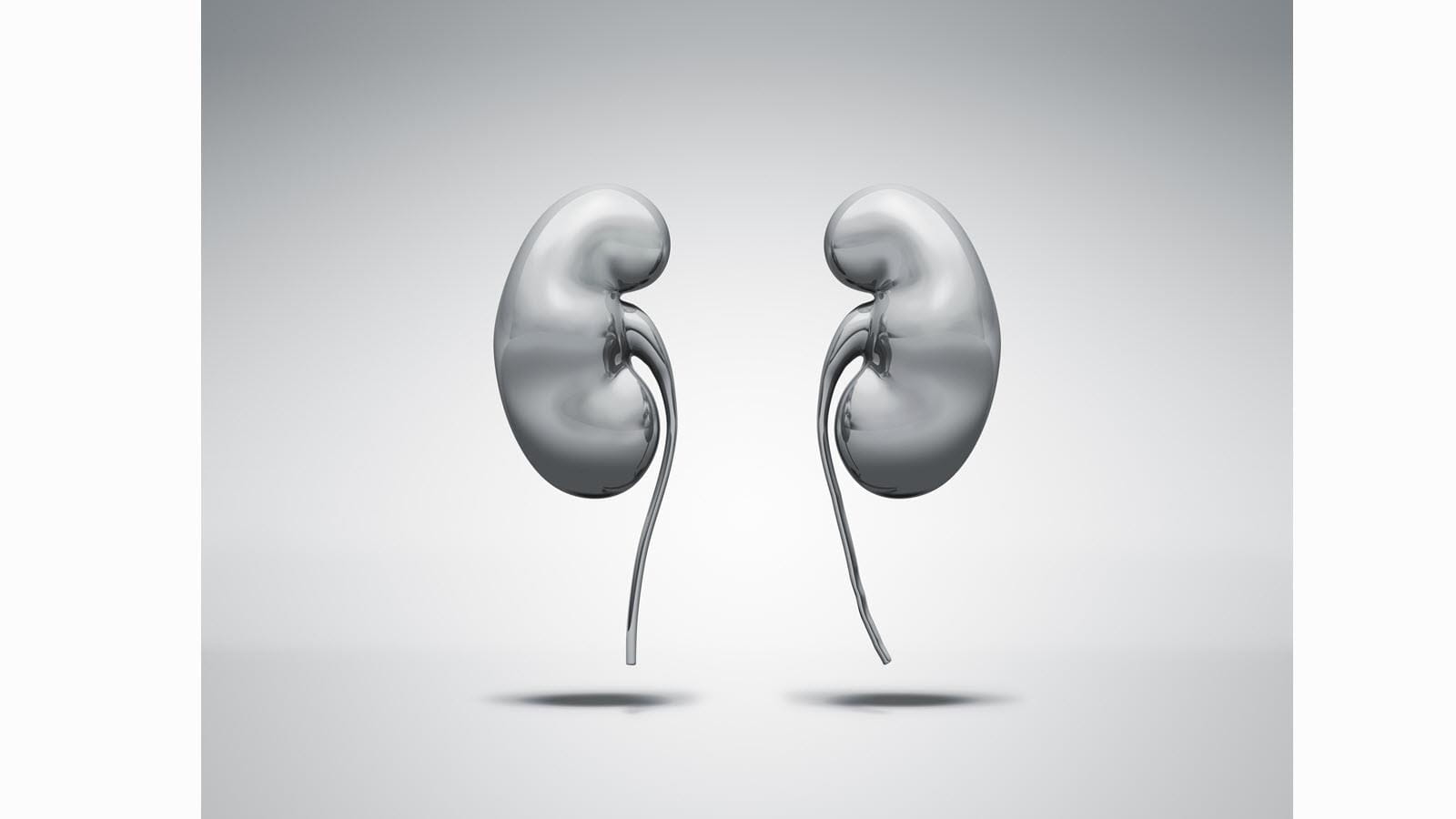The kidneys are among the most important organs in the body. Their primary function is to filter waste and excess water from your blood to make urine. When there is damage to your kidneys, they don’t operate as they should, causing waste to build up inside your body.
This condition is known as kidney disease. Your kidneys serve other important functions as well, such as regulating blood pressure and creating hormones your body requires.
The leading cause of kidney disease in the United States is diabetes, according to the U.S. National Institutes of Health. About one in three adults who has diabetes also has kidney disease. Diabetes occurs when your blood glucose, or blood sugar, is too high. Diabetes can lead to kidney disease when blood sugar damages the blood vessels in your kidneys, disrupting their function. In addition to high blood sugar, high blood pressure can also lead to the development of kidney disease for those with diabetes. The longer one has diabetes, the higher the chance they will have kidney damage, according to the National Institute of Diabetes and Digestive and Kidney Diseases.
The World Health Organization reports that the number of people living with diabetes globally nearly quadrupled from 1980 to 2014. By 2050, the American Diabetes Association projects more than 29 million people in the United States alone will have diabetes, a 165% increase since 2000.
While some complications from kidney disease can be treated with medications, the condition can lead to kidney failure, known as end-state kidney disease. According to the Mayo Clinic, those living with end-stage kidney disease must undergo dialysis or receive a kidney transplant.
The need for treatments to address this growing issue is evident. CSL Behring is investigating a potential treatment for diabetic kidney disease called CSL346, an investigational antibody that blocks the activity of a protein involved in the management of fats within the body, called vascular endothelial growth factor B (VEGF-B). Researchers believe that CSL346 may be able to help decrease the amount of excess fat that is deposited in some body organs (like the kidneys) and causes damage.
A global Phase 2 clinical trial is currently underway to help understand CSL346’s effectiveness in treating diabetic kidney disease and CSL Behring is seeking volunteers to participate. For more information on this program please visit clinicaltrials.gov.



